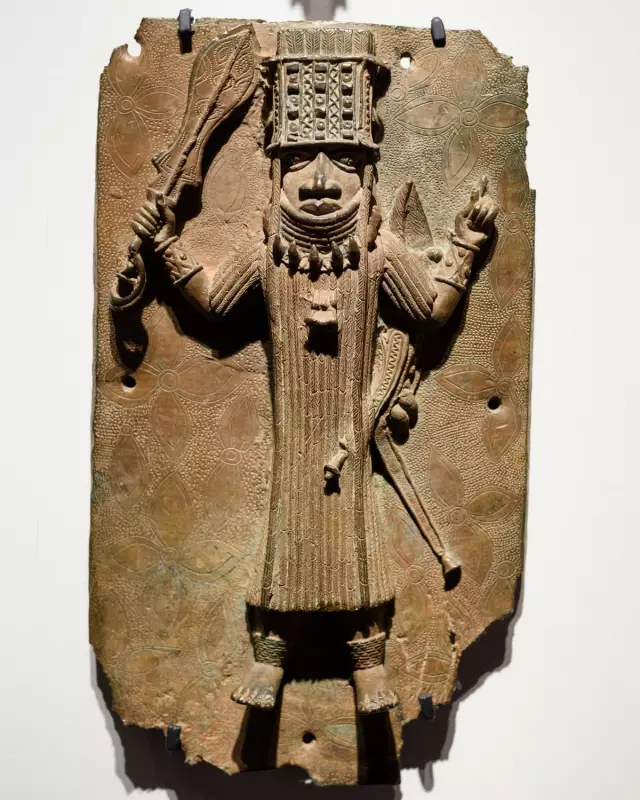
In what's being described as a monumental betrayal of cultural restitution, Nigeria's highly anticipated new museum dedicated to housing the returned Benin Bronzes has instead been filled with clay replicas, The Guardian can reveal.
The Broken Promise of Homecoming
The Edo Museum of West African Art (EMOWAA), designed as a world-class facility to showcase Benin's cultural treasures, was meant to symbolise a new era of repatriation. Instead, visitors encounter clay copies of the famous bronzes, while the original artefacts remain in Western institutions, primarily the British Museum.
This development represents a stunning reversal in the global movement to return artefacts looted during colonial times. The 1897 British Punitive Expedition saw thousands of bronze plaques, sculptures and ivory works forcibly taken from the Kingdom of Benin, now modern-day Nigeria.
Diplomatic Tensions and Cultural Disappointment
Nigerian officials and cultural leaders express profound disappointment at what they call a "bait-and-switch" arrangement. The clay replicas, while artistically competent, lack the historical significance and cultural resonance of the originals that were promised during high-profile restitution talks.
"This isn't restitution - it's insult," said one senior Nigerian cultural official who wished to remain anonymous. "We built a museum worthy of these treasures, only to be given copies while the real pieces remain in London."
The Complex Web of Loan Agreements
Rather than outright ownership, the current arrangement involves complex loan agreements with Western museums that critics argue maintain colonial power dynamics. The British Museum and other European institutions cite legal restrictions that prevent them from permanently deaccessioning items from their collections.
Cultural heritage experts warn that this precedent could undermine global restitution efforts and set back decades of progress in addressing colonial-era cultural theft. The situation has sparked protests in Benin City and drawn condemnation from international heritage organisations.
As the controversy deepens, questions remain about whether this represents a temporary compromise or a permanent failure of the restitution process that African nations had hoped would finally restore their cultural patrimony.





